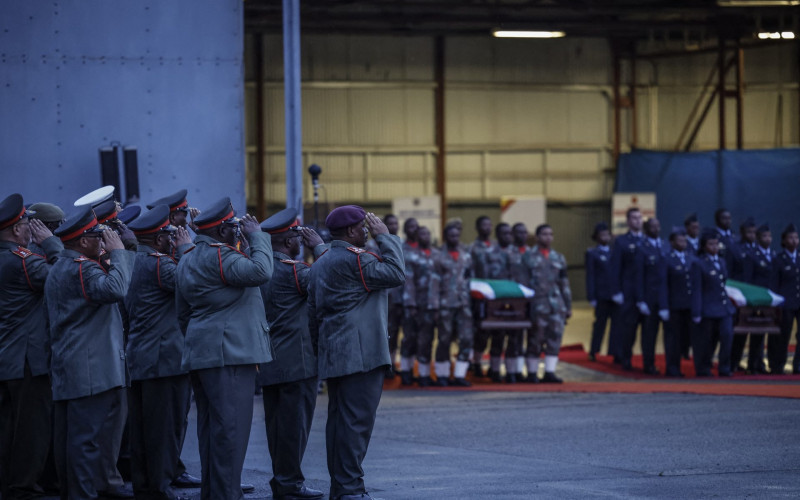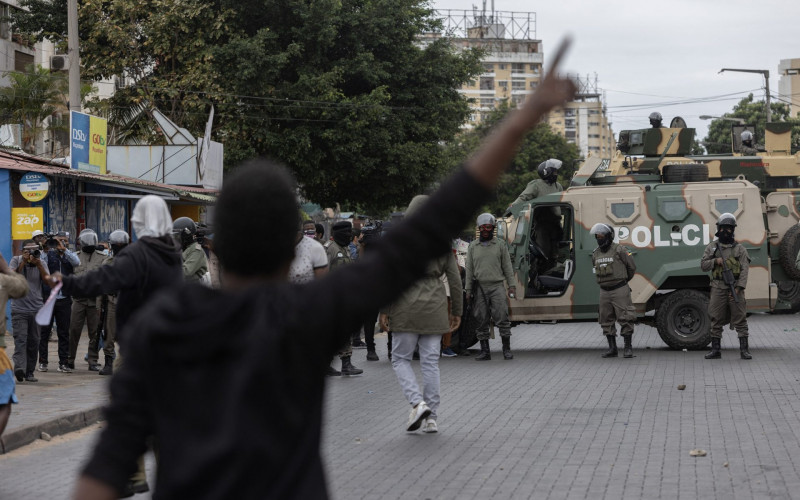But among the blizzard of e-governance and e-development initiatives, African leaders seem to have overlooked a critical part of putting out the message: A fistful of giga-bytes still isn’t worth a well-timed sound bite.
‘In Africa, in general, government media liaison officers just don’t understand the media,’ said Tawana Kupe, director of the Media Studies Programme at the University of the Witwatersrand in Johannesburg. ‘They are not contactable and have no authority to speak. They miss news deadlines and don’t understand how news cycles work. They see the press as enemies and don’t realise how much journalists depend on their sources and that access can yield more positive coverage. We still largely follow the propaganda-mongering mini-stry of information system.’
Across Africa, communication and public relations departments at both the national and regional levels are under-resourced and staffed with people who often display little media savvy or an appreciation for the stakes involved.
Many public officials ignore what the media need most: accountable, accessible spokespersons with a sound communication strategy. Suspicion of journalists runs high among African politicians, and communicators are often restrained from doing their jobs by the officials they represent.
‘I was impressed with the South African set-up when I arrived here five years ago,’ said Michael Dynes of the Times of London. ‘I registered with the Government Communication and Information System (GCIS), got all the contact lists and was promised access to ministers and appointments. But slowly the bitter reality dawns. It is virtually impossible to get a reply from a government spokesman within one or two hours. It’s extremely frustrating. Stories break and you can never get the facts checked or a contrary viewpoint.’ Among the most reticent governing parties are those that emerged from freedom struggles. Formerly under-ground organisations that operated amid tremendous repression and infiltration by government agents, few adapt well to the new imperatives of openness and transparency once they become ruling parties of aspiring democracies.
‘Liberation movements were very suspicious of open communication,’ Kupe said. ‘There was the constant threat and fear of infiltration. Speaking off the cuff was discouraged and renegades were forced to publicly recant statements. Communication was a way of applying cohesion to a common agenda. Also remember that in Zimbabwe, Namibia and South Africa, governments came to power with huge mandates and political capital – this creates a certain arrogance.’
Some governments have tried to loosen their tongues. In 2001, incoming Ghanaian President John Kufuor appointed seasoned journalist Elizabeth Ohene as his chief spokesperson. In her prestigious 30-year career, she worked as editor of Ghana’s national Daily Graphic newspaper before spending 14 years in exile with the BBC in London. But many journalists found her to be abrasive, and she was reportedly frustrated by her department’s meagre resources. After five months, Ohene was redeployed as minister of state for tertiary education.
More often, however, governments see the media as threats. In South Africa, the GCIS Government Communicators’ Handbook, indicatively states: ‘While, generally, the media agenda has been in some respects consistent with the positive national mood, it has tended to be more narrowly negative and heavily weighted towards an oppositional perspective. To a greater extent, this has been a manifestation of a mindset rather than judgment based on concrete issues.’
All too often, journalists based in South Africa say, government ‘media liaison officers’ are evasive and irritable, responding to calls as if convinced that the media cannot transmit undistorted messages.
‘I pick up elements of paranoia about the media from government,’ Dynes said. ‘They feel the foreign media especially is out to get them and we only report the negative. But the main players are simply never available. They’re shooting themselves in the foot with this approach.’
The same problems occur at the regional level. In calls to the secretariats of the New Partnership for Africa’s Development (Nepad) and the African Union, none of the official spokespersons were available. E-mails went unanswered, calls were seldom returned. One press secretary refused to divulge her surname for fear of being quoted. If websites exist, they are often frustrating labyrinths or empty vessels. The internet home of the Southern African Development Community, for example, provides neither phone numbers nor an e-mail address for the organisation’s public relations officer. When that person, Esther Kanaimba, was finally reached, she simply replied that ‘we are working on a communications strategy.’
It took the Belgian government years of offering before SADC officials finally sat down to discuss the $3 million proposal to develop a communications strategy. ‘Communication was just never a priority,’ said Guy Rayee, first secretary at the Belgian Embassy in Pretoria. ‘It’s all very nice to have common objectives and the Regional Indicative Strategic Development Plan, but this needs publicity and communication.’ The Nepad website sends visitors wandering through haphazardly arranged information, out-of-date contact details and uninformative progress reports on Nepad projects. Sponsors’ logos dominate the screen. The African Union website, meanwhile, was shut down for several months preceding the organisation’s second summit last year in Maputo because the maintenance contract on the site was allowed to lapse.
Typically, outside forces were blamed. ‘My frustration here is that as soon as we are ready to take off with a concrete communication plan for Africa, a saboteur comes in from an unknown location and destroys our foundation,’ said Desmond Orjiako, the AU communication officer. ‘I am now begging the almighty God to intervene to save Africa from unnecessary embarrassment, particularly with regard to the AU website.’
When later pressed to elaborate, Orjiako could not explain his own statement.







